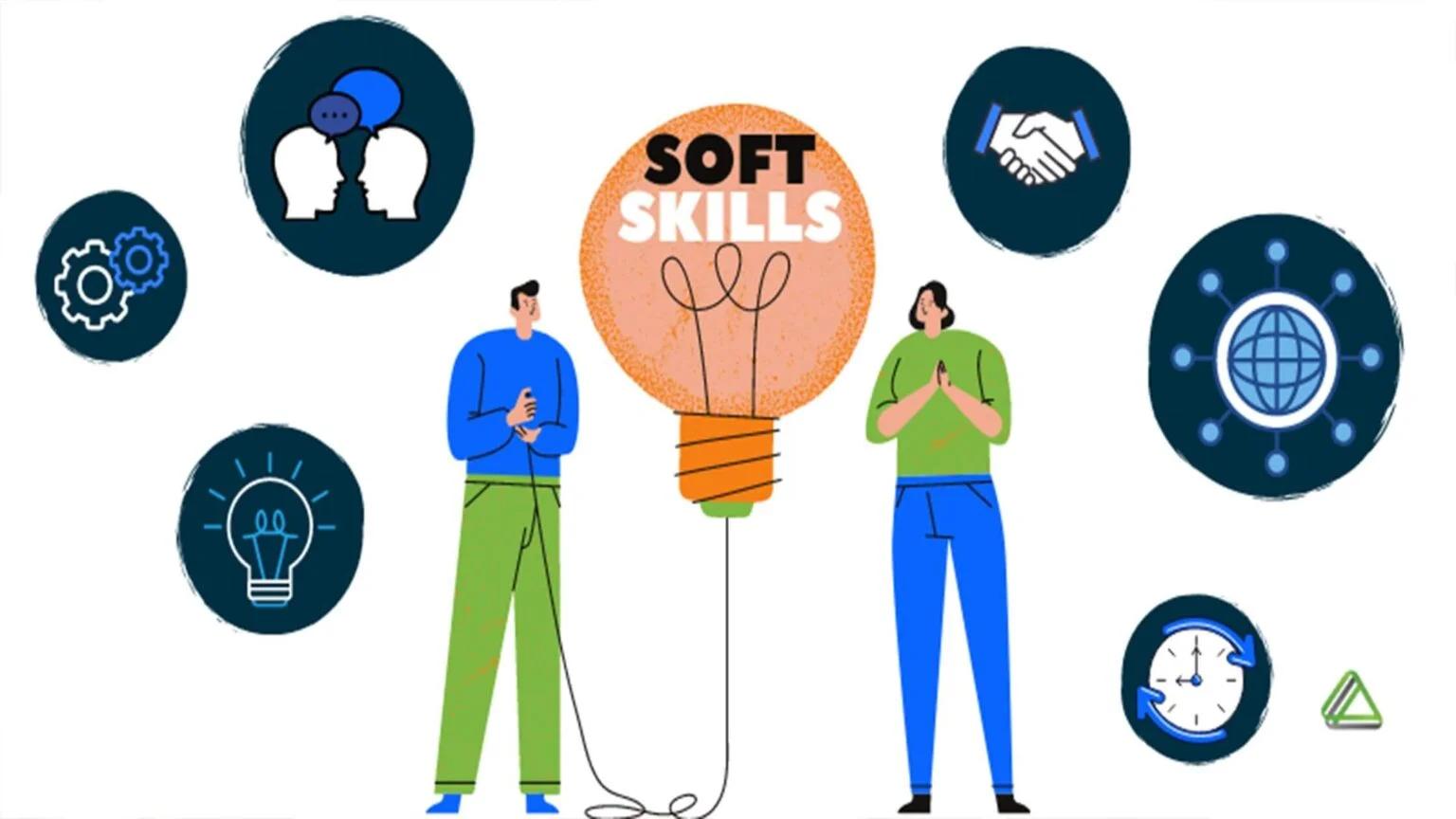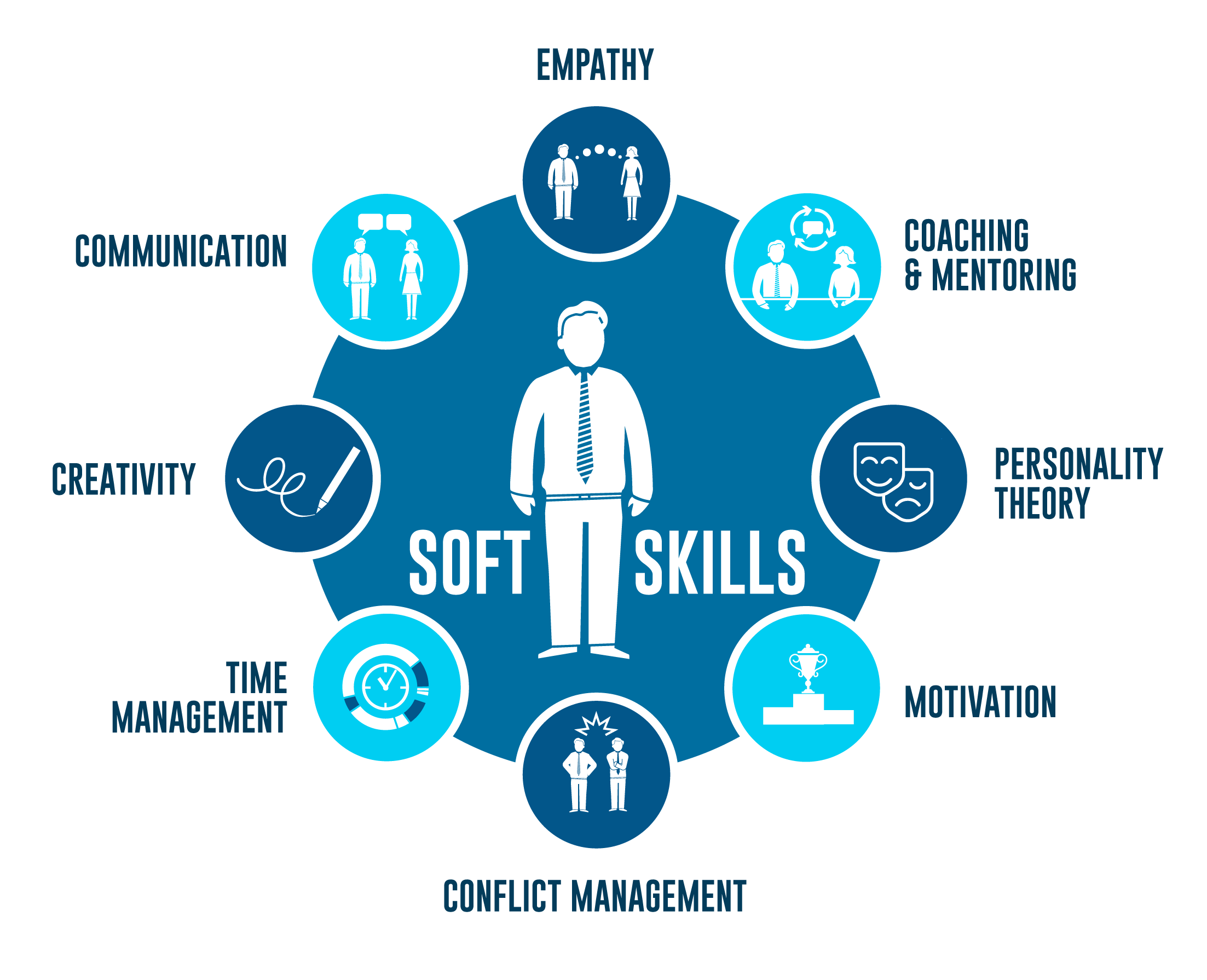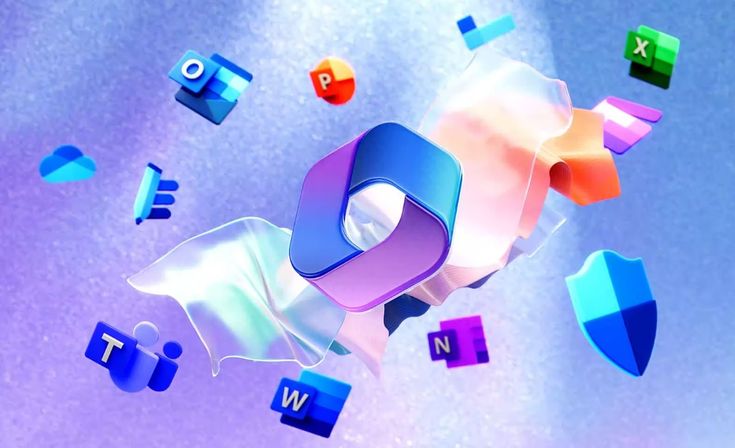
In today’s dynamic business environment, technical expertise, or "hard skills," are no longer enough to guarantee success. This is where Soft Skills come into play. These interpersonal attributes—such as emotional intelligence, communication, problem-solving, and adaptability—allow employees to interact effectively with others and navigate challenges seamlessly.
On making hiring selections, many employers search for a blend of hard and soft abilities. For instance, companies respect skilled workers who have a history of completing tasks on schedule. Strong communication abilities and an excellent understanding of the company's goods and services are also highly valued by employers. Employees with soft skills can provide engaging presentations for potential clients even if their primary role does not involve sales or marketing. Coaching colleagues on new tasks is another important soft skill.
Soft skills are valuable for every employee because they directly influence both individual performance and overall company success and to increase productivity in the workplace. By encouraging trust and cooperation, they also help to improve leadership, customer service, and career advancement.

According to Forbes.com, there are 11 Essential Soft Skills that companies value the most.
1. Communication
This is one of the most important skills by establishing and maintaining good relationships with stakeholders, clients, and colleagues requires effective communication. This requires not only the ability to communicate ideas in an engaging and clear manner, but also the capacity to recognize and address the needs of others. Building professional relationships with coworkers is something that employers value, especially when working in teams.
2. Leadership
The best way of being a good leader has the ability to inspire their team to achieve greatness. They can set a clear vision, communicate it effectively and create a culture of accountability and excellence. Had also the ability to respect decision opinion of others and more importantly, they’re able to inspire and influence team members to achieve shared goals and objectives.
3. Teamwork
Teamwork involves the ability to work with others toward a shared goal. It requires communication, collaboration and a shared commitment to work in a group. Individuals who can work collaboratively with others are more likely to achieve their professional goals, and to contribute to the success of their organizations.
4. Creativity
Creativity involves the ability to think outside the box and come up with ideas that challenge assumptions. It requires a mindset of curiosity, risk-taking and a willingness to embrace ambiguity and uncertainty.
5. Time management
Time management involves the ability to set priorities, organize tasks and allot time across different activities. It requires self-control, discipline and willingness to avoid distractions and low-priority tasks.
6. Adaptability
Adaptability is a critical soft skill that helps people stay ahead of the curve in the quickly evolving business world of today. An employee possessing this ability can, for instance, adapt to shifting conditions and pick up new technologies and skills to stay competitive in the workplace.
7. Problem-solving
Employees can analyze situations when it comes to Problem-solving. It involves the ability to come up with alternative solutions. This skill is crucial to identifying and addressing complex challenges and opportunities in a variety of contexts.
8. Work ethic
An individual's work ethic indicates how dedicated they are to their work. Possessing a strong work ethic improves your credibility at work by making you appear more trustworthy and dependable.
9. Critical thinking
Individuals who are capable of critical thinking can approach issues and challenges with an analytical and strategic mindset. This ability enables you to weigh your options and take possible outcomes into account when making well-informed decisions.
10. Conflict management
Conflict management is the process of addressing disputes or disagreements in a constructive and effective manner. Often, this requires good communication skills, active listening, empathy, negotiation skills and a willingness to collaborate and find common ground.
11. Emotional intelligence
Emotional intelligence refers to the ability to recognize and understand one’s own emotions and those of others. In today’s collaborative work environments, this skill enables employees to navigate complex social dynamics and work effectively within teams. It also allows them to provide constructive feedback in a way that is sensitive to the emotions of others, leading to more successful outcomes and stronger relationships.

Upskilling is a workplace concept that encourages ongoing learning through training and development initiatives to take one’s current skills to the next level. Upskilling is not only focuses on hard skill but specially in being emotionally intelligence. It requires to understand Understanding people's emotions and the reasons behind their emotions can be enhanced by it. By doing this, you will be able to support team members appropriately during a change initiative or transition as a learning leader.
Aside from emotions, we should also encourage communication; it is the best way to communicate directly, having some connection to the environment. Expressing vocally is also easy to understand people's point of view.
In general, upskilling helps you grow as an individual and enhances you for the changing nature of work. The workforce is impacted by technological advancements, generational differences, and social factors. Learning new things regularly aids in your fulfillment and growth, not only as an employee but also as a human being.
References

Explain the importance of standards in IoT and benefits for your productivity.

List the top apps within Microsoft 365 (like Outlook, Teams, OneDrive, and Power BI) and explain how each supports different aspects for beginners.

Learn how to efficiently manage your Excel tasks with simple tools like XLOOKUP. This guide will show you how to use Excel’s basic functions to speed up your work.
This website uses cookies to improve your experience.